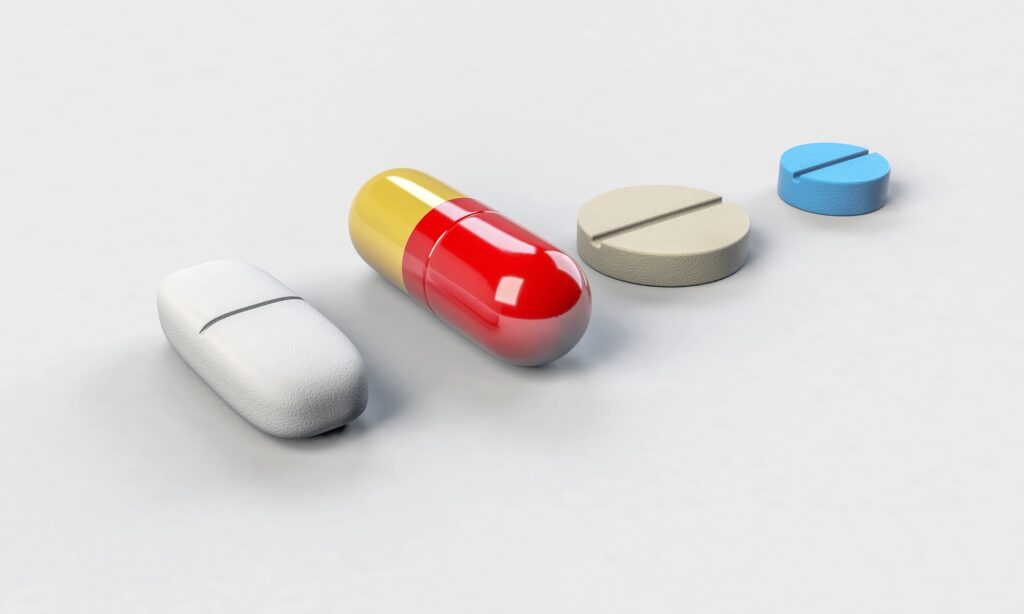
Medication recalls are typically rare, but they still happen. For those who take daily medication, news of a sudden recall can be very alarming. So before you stop taking your prescribed medication, here’s what the U.S. Food & Drug Administration wants you to know:
Drug recalls are more common than not, and many are minor. For the most part, recalls can result from something as small as a wording change on the label. However, an example of a more serious recall may include the November 2018 recall, when generic blood pressure medications allegedly posed a serious health hazard to people.
With the proliferation of content and access to information, it’s not hard to find out about recalls. You may hear about a recall through a letter or a visit to your local pharmacy. However, to get the best, most up-to-date information, visit the FDA Drug Recall listing online.
If something’s wrong with a drug company’s product, it’s usually in their best interest to initiate a recall. That’s why most recalls are voluntary. While the FDA is proactive with their recall requests, drug companies can avoid major litigation and financial liability by conducting a recall.
It’s most important to stay calm during a recall. The first call you should make, to hopefully ease your nerves, is to your pharmacist or physician. They should be able to advise you on what needs to be done, whether it’s to continue taking your prescribed drug or making a switch to an alternative drug. However, having faith in the FDA is important, as their strict guidelines and procedures for developing drugs are carefully calculated every step of the way.